Research on Energy Trading Mechanism of New Energy Vehicles Based on Cobweb Model under Blockchain
-
摘要: 针对在新能源汽车有限的车载能源资源约束条件下,如何解决行驶时效性不足的问题,该文提出一种区块链下的分布式能源交易机制。首先基于区块链构建新能源汽车能源交易网络,并通过信誉值共识(PoR)机制确保能源交易的隐私性。然后,基于收敛型蛛网设计了非线性定价协商算法,联合区块链技术分布式存储车辆信誉值数据库,确保能源交易双方至少能在满足弱帕累托效应的情况下获得最优定价。最后通过仿真,验证了所提算法在区块链下的有效性和收敛性,并求出该算法的最优步长及其系数。Abstract: Considering how to solve the problem of insufficient driving timeliness under the constraint of limited on-board energy resources of new energy vehicles, a distributed energy trading mechanism under the blockchain is proposed. Firstly, a new energy vehicle energy trading network based on the blockchain is built, and the privacy of energy trading through the Proof of Reputation (PoR) consensus mechanism is ensured. Then, based on the convergent spider web, a nonlinear pricing negotiation algorithm is designed, which combines with the blockchain technology to store the vehicle reputation database in a distributed way, to ensure that both energy trading parties can at least obtain the optimal pricing under the condition of meeting the weak Pareto effect. Finally, through simulation, the effectiveness and convergence of the proposed algorithm under the blockchain are verified, and the optimal step size and its coefficients of the algorithm are obtained.
-
Key words:
- Internet of vehicular /
- New energy vehicles /
- Energy trading /
- Blockchain /
- Convergent spider web
-
算法1 基于蛛网模型的迭代自适应定价协商算法 输入:${p_j},o_k^{}(i),\delta _k^{}(i),d_i^B,d_i^{\exp },U'_B,U'_S$ 输出:$ p*,d* $; (1) 初始化:最大迭代次数$ M $,$ \varepsilon > 0 $,参数$ \gamma \in (0,1) $,初始步长 $ \delta (0) > \gamma \varepsilon $ (2) while $ \varepsilon > {10^{ - 3}} $ and $i \le M$ do (3) $ {o_k}(i) = \neg (p(i + 1) > p(i) > p(i - 1) \vee p(i + 1) < p(i) < p(i - 1)) $ (4) if $ {o_k}(i) = 0 $ (5) then $ {\delta _k}(i + 1) = \left[ {1 - {o_k}(i)} \right]{\delta _k}(i) + {o_k}(i)\gamma {\delta _k}(i) $, $U'_B = U'_B \cdot \delta (i + 1)$, $U'_S = U'_S \cdot \delta (i + 1)$ (6) if $U'_B > U'_S$ (7) then $ {o_k}(i) = 1 $ (8) if $ {o_k}(i) = 1 $ (9) then $ {\delta _k}(i + 1) = \left[ {1 - {o_k}(i)} \right]{\delta _k}(i) + {o_k}(i)\gamma {\delta _k}(i) $, $U'_B = {( - 1)^j}U'_B \cdot \delta (i + 1)$, $U'_S = {( - 1)^j}U'_S \cdot \delta (i + 1)$, $ j + + $ (10) $ \varepsilon = {\delta _k}(i) - {\delta _k}(i - 1), $$ i + + $ (11) end (12) 输出$ {p^*},{d^*} $,其中${p^*} = U'_B ,{d^*} = U'_B$ 表 1 车联网网络节点性能参数表
参数名称 取值 MAC协议 802.11 p 车辆数量 500 辆 稳定通信范围 200~500 m 最大车速 60 km/h 道路长度 5 km 车辆长度 5 m 道路范围 $\left( {2000 \times 2700} \right)\;{{\rm{m}}^2}$ RSU覆盖范围 $\left[ {300,500} \right]\;{\rm{m}}$ 声誉阈值 0.5 消息频率 $\left[10,30\right]次/10\;\mathrm{min}$ 表 2 调幅参数及其系数
$ \gamma $ 0.05 0.1 0.15 ··· 0.95 $ \delta _k^{}(i) $ 0.1 0.2 0.3 ··· 2 -
[1] CONNOR W D, WANG Yongqiang, MALIKOPOULOS A A, et al. Impact of connectivity on energy consumption and battery life for electric vehicles[J]. IEEE Transactions on Intelligent Vehicles, 2021, 6(1): 14–23. doi: 10.1109/TIV.2020.3032642 [2] TIAN Daxin, ZHOU Jianshan, WANG Yunpeng, et al. Channel access optimization with adaptive congestion pricing for cognitive vehicular networks: An evolutionary game approach[J]. IEEE Transactions on Mobile Computing, 2020, 19(4): 803–820. doi: 10.1109/TMC.2019.2901471 [3] HASSIJA V, CHAMOLA V, GARG S, et al. A blockchain-based framework for lightweight data sharing and energy trading in V2G network[J]. IEEE Transactions on Vehicular Technology, 2020, 69(6): 5799–5812. doi: 10.1109/TVT.2020.2967052 [4] MACHURA P, DE SANTIS V, and LI Quan. Driving range of electric vehicles charged by wireless power transfer[J]. IEEE Transactions on Vehicular Technology, 2020, 69(6): 5968–5982. doi: 10.1109/TVT.2020.2984386 [5] BULUT E, KISACIKOGLU M C, and AKKAYA K. Spatio-temporal non-intrusive direct V2V charge sharing coordination[J]. IEEE Transactions on Vehicular Technology, 2019, 68(10): 9385–9398. doi: 10.1109/TVT.2019.2931954 [6] OCEANO A, RODELLA C, RIZZO R, et al. Grid balancing support through Electric Vehicles mobile storage[C]. 2020 International Symposium on Power Electronics, Electrical Drives, Automation and Motion (SPEEDAM), Sorrento, Italy, 2020: 108–113. [7] PARK L, JEONG S, LAKEW D S, et al. New challenges of wireless power transfer and secured billing for internet of electric vehicles[J]. IEEE Communications Magazine, 2019, 57(3): 118–124. doi: 10.1109/MCOM.2018.1800291 [8] UCER E, BUCKREUS R, KISACIKOGLU M C, et al. A flexible V2V charger as a new layer of vehicle-grid integration framework[C]. 2019 IEEE Transportation Electrification Conference and Expo (ITEC), Detroit, USA, 2019: 1–7. [9] WANG Jiashuo. Analyzing the application of blockchain and artificial intelligence in new energy vehicle transactions from a data security perspective[C]. 2022 6th International Conference on Trends in Electronics and Informatics (ICOEI), Tirunelveli, India, 2022: 992–995. [10] OKWUIBE G C, LI Zeguang, BRENNER T, et al. A blockchain based electric vehicle smart charging system with flexibility[J]. IFAC-PapersOnLine, 2020, 53(2): 13557–13561. doi: 10.1016/j.ifacol.2020.12.800 [11] ASHFAQ T, JAVAID N, JAVED M U, et al. Secure energy trading for electric vehicles using consortium blockchain and k-nearest neighbor[C]. 2020 International Wireless Communications and Mobile Computing (IWCMC), Limassol, Cyprus, 2020: 2235–2239. [12] SUN Gang, DAI Miao, ZHANG Feng, et al. Blockchain-enhanced high-confidence energy sharing in internet of electric vehicles[J]. IEEE Internet of Things Journal, 2020, 7(9): 7868–7882. doi: 10.1109/JIOT.2020.2992994 [13] ALVARO R, GONZÁLEZ J, GAMALLO C, et al. Vehicle to vehicle energy exchange in smart grid applications[C]. 2014 International Conference on Connected Vehicles and Expo (ICCVE), Vienna, Austria, 2014: 178–184. [14] LÜTH A, ZEPTER J M, DEL GRANADO P C, et al. Local electricity market designs for peer-to-peer trading: The role of battery flexibility[J]. Applied Energy, 2018, 229: 1233–1243. doi: 10.1016/j.apenergy.2018.08.004 [15] LEE J T, HENRIQUEZ-AUBA R, POOLLA B K, et al. Callaway. Pricing and energy trading in peer-to-peer zero marginal-cost microgrids[J]. IEEE Transactions on Smart Grid, 2022, 13(1): 702–714. doi: 10.1109/TSG.2021.3122879 [16] PAUDEL A, CHAUDHARI K, LONG C, et al. Peer-to-peer energy trading in a prosumer-based community microgrid: A game-theoretic model[J]. IEEE Transactions on Industrial Electronics, 2019, 66(8): 6087–6097. doi: 10.1109/TIE.2018.2874578 [17] WANG Yuntao, SU Zhou, XU Qichao, et al. A novel charging scheme for electric vehicles with smart communities in vehicular networks[J]. IEEE Transactions on Vehicular Technology, 2019, 68(9): 8487–8501. doi: 10.1109/TVT.2019.2923851 [18] XIA Shengnan, LIN Feilong, CHEN Zhongyu, et al. A Bayesian game based vehicle-to-vehicle electricity trading scheme for blockchain-enabled internet of vehicles[J]. IEEE Transactions on Vehicular Technology, 2020, 69(7): 6856–6868. doi: 10.1109/TVT.2020.2990443 [19] ABISHU H N, SEID A M, YACOB Y H, et al. Consensus mechanism for blockchain-enabled vehicle-to-vehicle energy trading in the internet of electric vehicles[J]. IEEE Transactions on Vehicular Technology, 2022, 71(1): 946–960. doi: 10.1109/TVT.2021.3129828 [20] AITZHAN N Z and SVETINOVIC D. Security and privacy in decentralized energy trading through multi-signatures, blockchain and anonymous messaging streams[J]. IEEE Transactions on Dependable and Secure Computing, 2018, 15(5): 840–852. doi: 10.1109/TDSC.2016.2616861 [21] ARAVINDHAN K and DHAS C S G. Destination-aware context-based routing protocol with hybrid soft computing cluster algorithm for VANET[J]. Soft Computing, 2019, 23(8): 2499–2507. doi: 10.1007/s00500-018-03685-7 [22] LI Jueyou, LI Chaojie, XU Yan, et al. Noncooperative game-based distributed charging control for plug-in electric vehicles in distribution networks[J]. IEEE Transactions on Industrial Informatics, 2018, 14(1): 301–310. doi: 10.1109/TII.2016.2632761 -





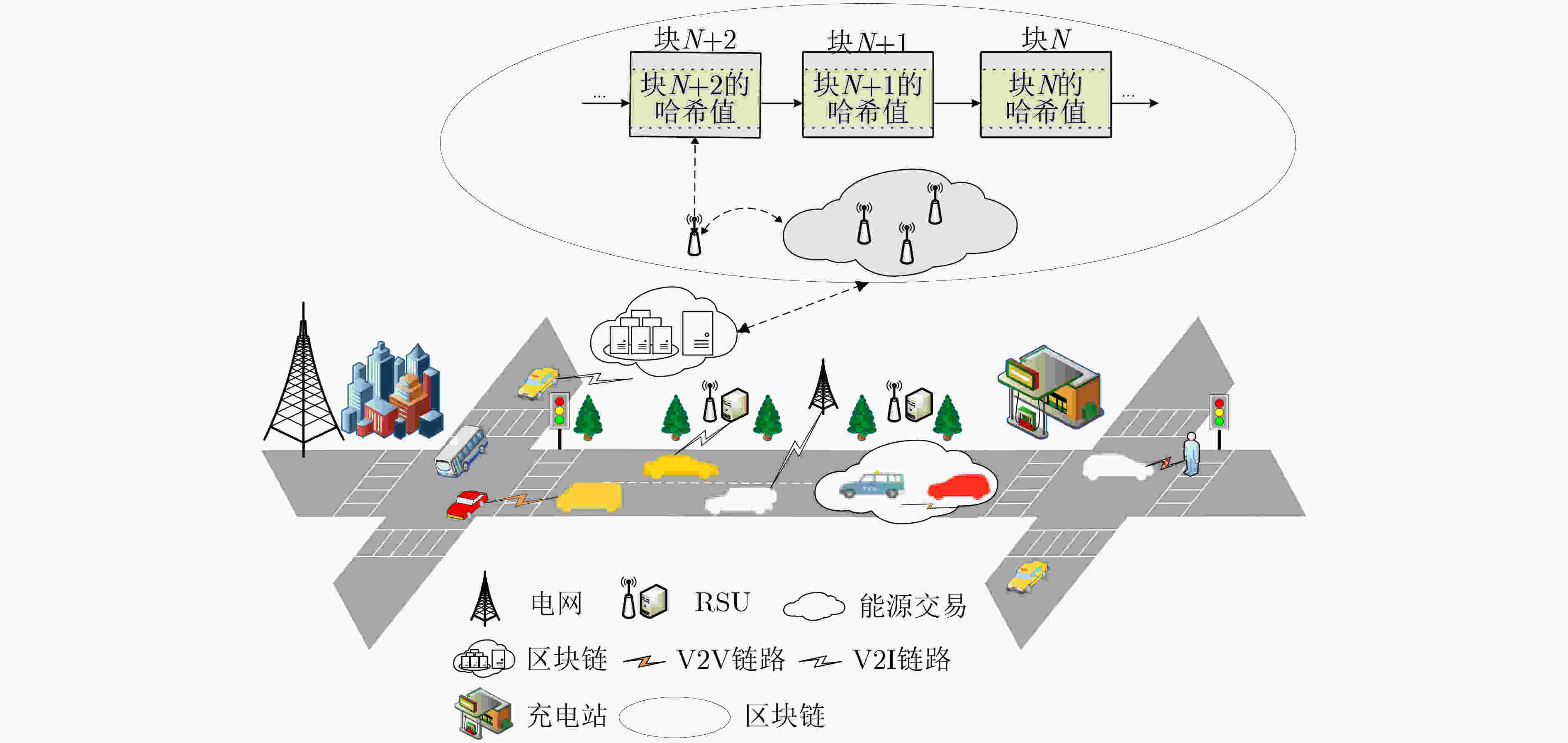
 下载:
下载:

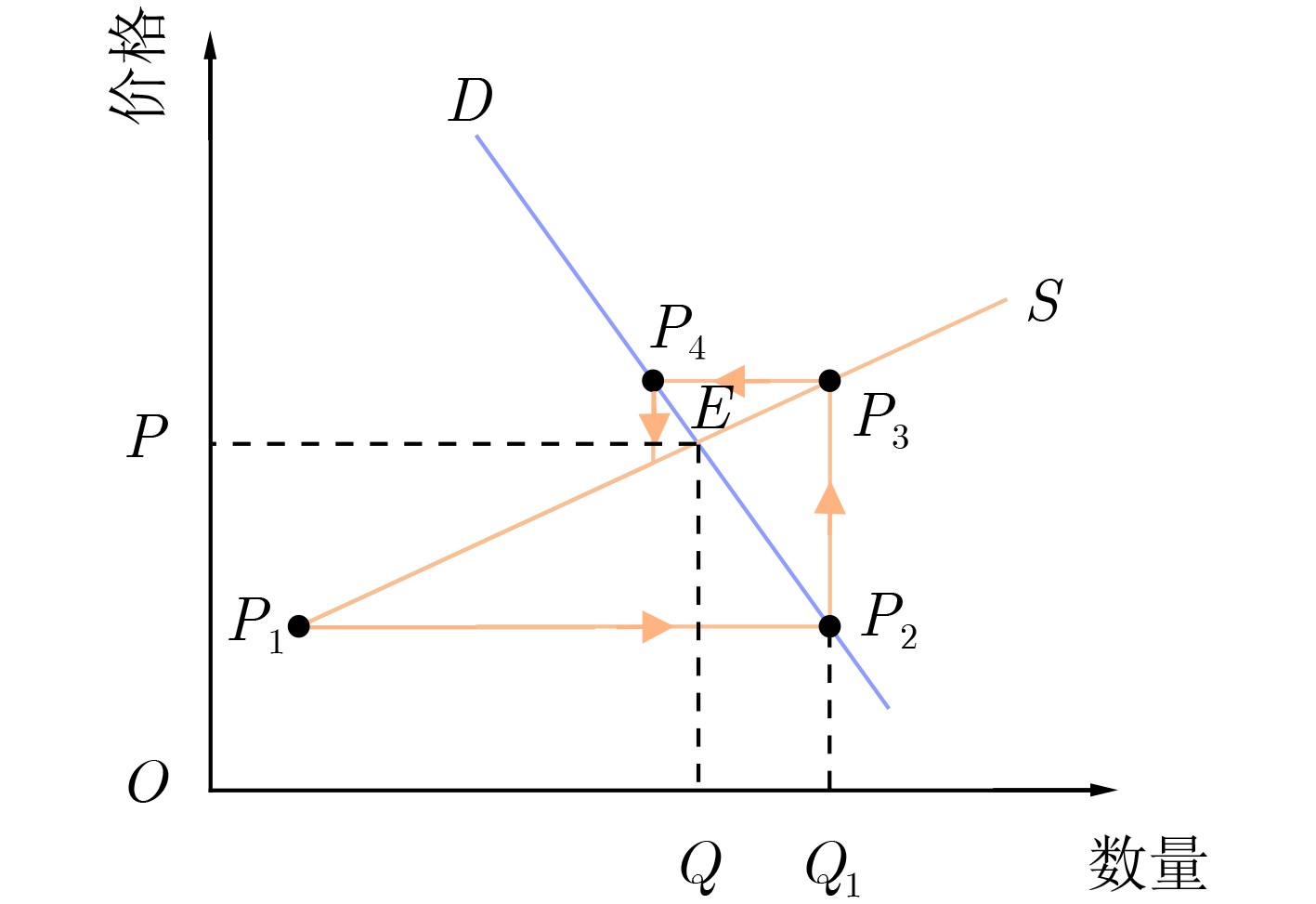
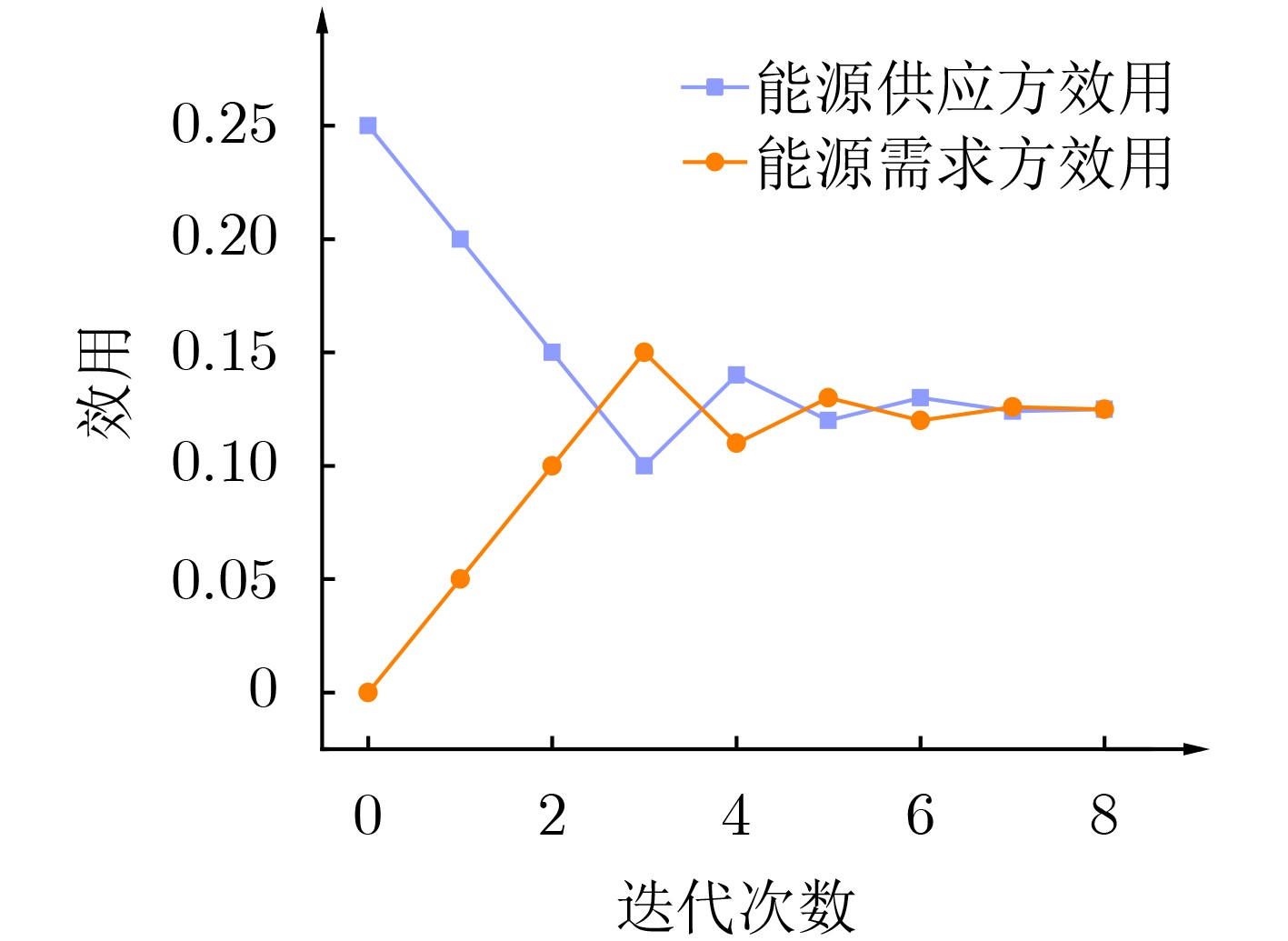
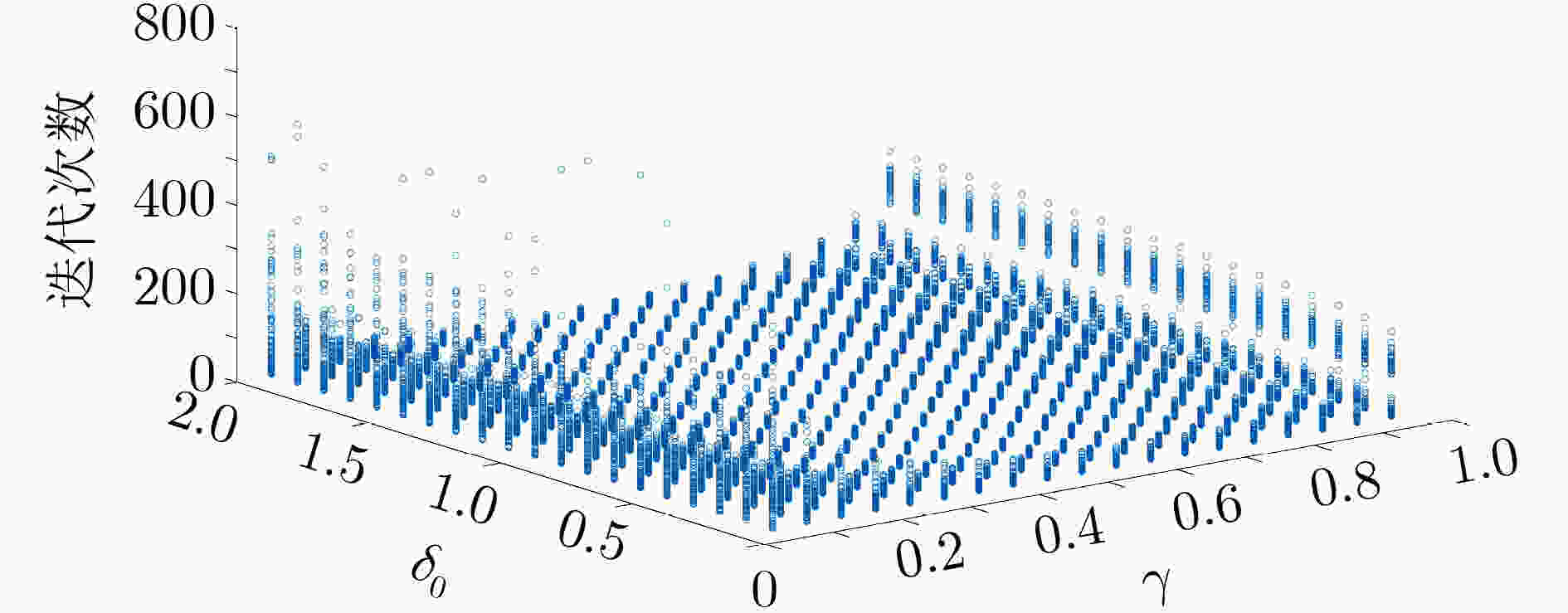
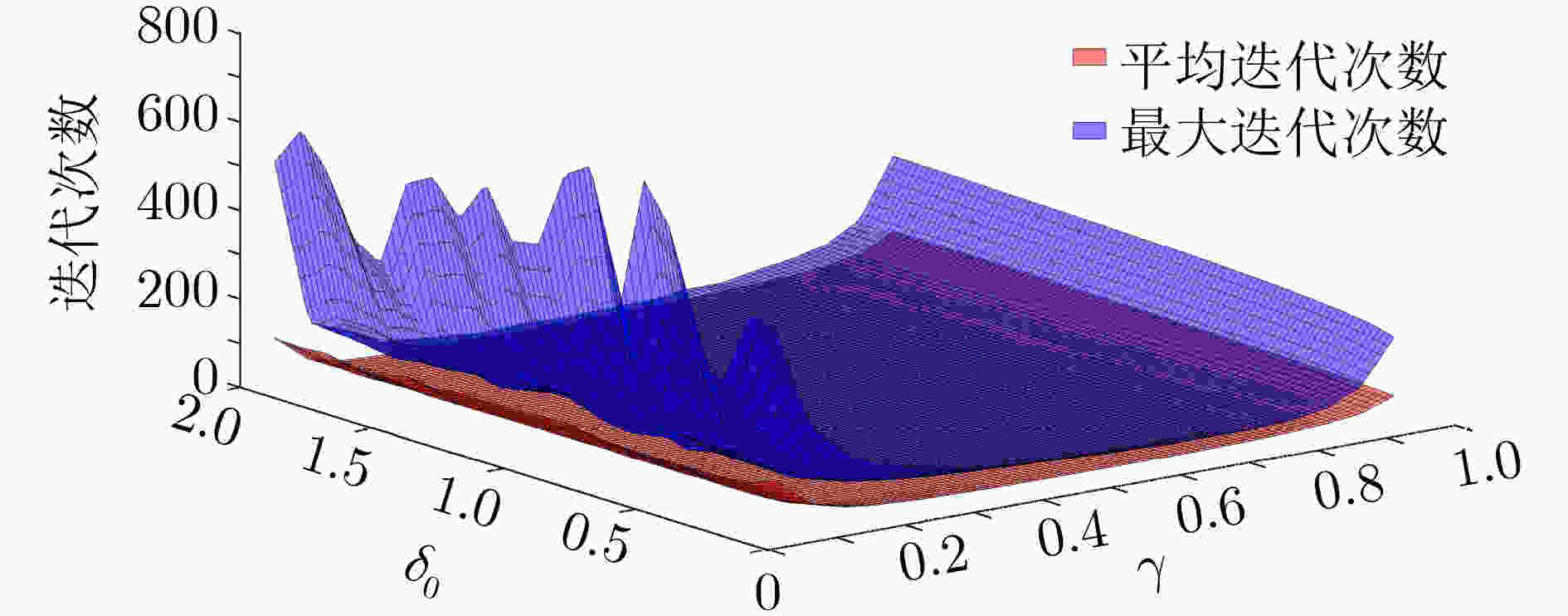
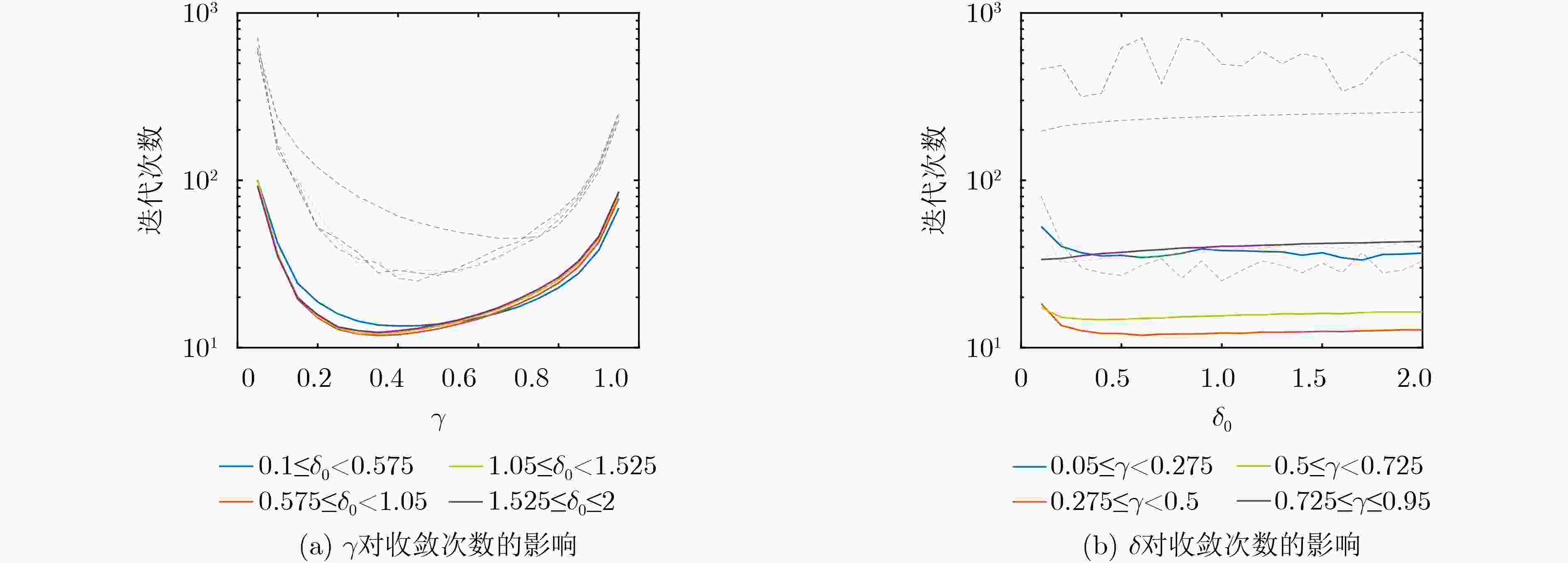
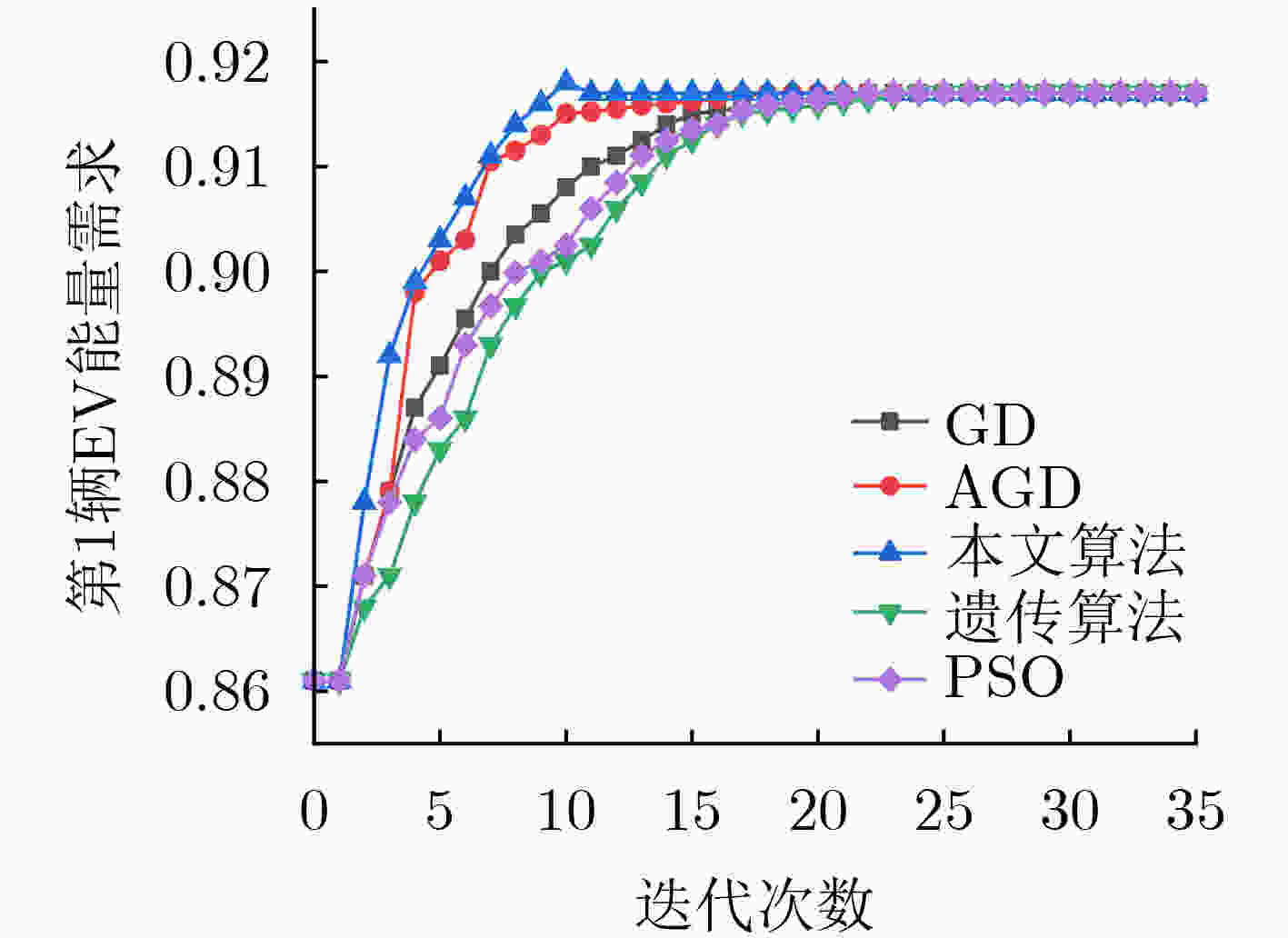


 下载:
下载:
